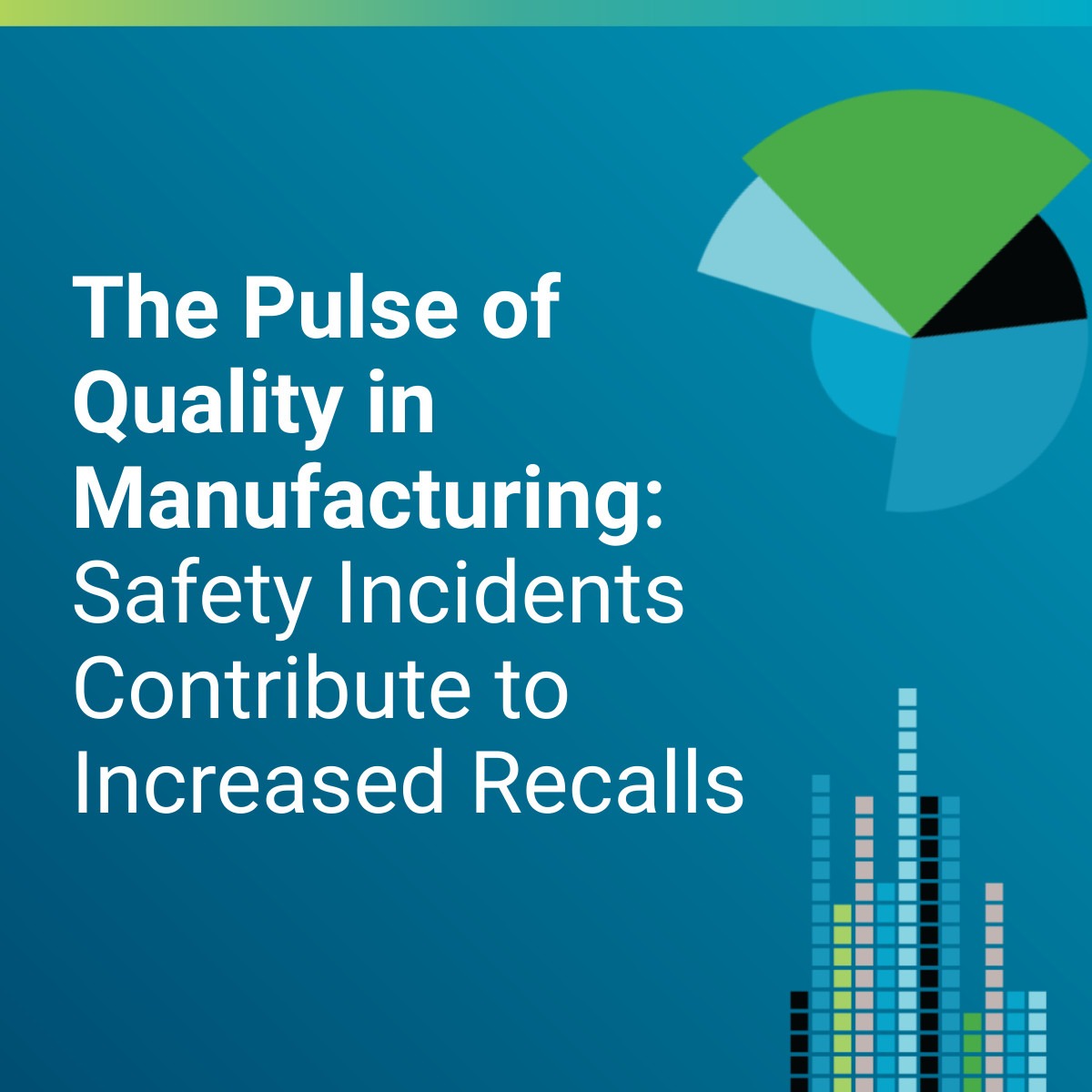There are many challenges facing the biotech industry today. Many issues—like those discussed below—are more fundamental, requiring a proactive approach to meet them head-on.
1. Regulatory Compliance
Biotech receives an enormous amount of scrutiny from all directions, including consumers, financial analysts, the media and, of course, regulatory agencies.
The Food and Drug Administration (FDA), the National Institutes of Health (NIH), the Occupational Safety and Health Administration (OSHA)—given the thousands of regulatory requirements imposed on biotech companies, it’s hard to imagine those companies have time to focus on anything else.
The solution: Biotech companies can leverage automated regulatory life science compliance software to keep up-to-date on legislative changes and ensure they meet all applicable requirements. Key capabilities to look for in compliance software include:
- Electronic submission of electronic medical device reports (eMDRs): Later this year, all companies will be required to migrate from paper submission to using the FDA’s electronic gateway. You should also look for software that allows you to integrate eMDR with Complaint Handling and Corrective Action applications, making it easier to respond to adverse events.
- Automated validation: Companies regulated by the FDA must perform extensive systems validation to demonstrate a secure environment. The process that can take days, weeks or longer, which is why your compliance software should include automated validation services. This one simple feature can make a company’s validation time 4 times more efficient, saving valuable IT man-hours.
- Comprehensive regulatory requirement tracking: Automated compliance software makes it easy to determine which requirements apply to your company. You should also be able to map existing controls to individual requirements, so you know requirements are actually being met in practice.
2. Contract Manufacturing
More and more, biotech companies use Contract Manufacturers to bring their products to market. Outsourcing elements of the production process reduces capital and outlay costs, focusing resources on core strengths like product design. However, working with Contract Manufacturers introduces large uncertainties to the business, particularly where quality assurance is concerned.
The solution: Rather than rely completely on the Contract Manufacturer’s quality management procedures, biotech companies can use their own compliance management system to increase downstream visibility.
Leading cloud-based (EQMS) systems now allow you to give Contract Manufacturers limited, controlled access to the compliance management system via the web. This lets Contract Manufacturers see exactly what they need to do to meet quality standards, helping build a strong relationship that results in consistently high quality products.
Consult with a quality expert today to learn more about ETQ Reliance, the cloud-based QMS that offers enhanced downstream product visibility.
3. Product Development
Competition is intense in the biotech industry, and only companies that can keep up with the pace of constant innovation have any chance of surviving long-term.
The problem is, developing new products is expensive and time-consuming, with few guarantees new products will succeed. It’s a scary prospect for a company dumping millions of dollars into their newest innovation.
The solution: Biotech companies can reduce uncertainty around product development using automated tools within the Quality Management System (QMS). Tools to look for include:
- Quantitative Risk Management software like risk matrices and decision trees that can be dropped into any QMS application, allowing the company to make informed, risk-based decisions.
- Failure Mode and Effects Analysis (FMEA) tools that incorporate risk and hazard analysis to guide smarter product design.
- Change Management software that incorporates quality measures throughout the product lifecycle, including design, production, suppliers and post-production.
Competition in biotech shows no signs of slowing down anytime soon. Staying ahead of the pack requires strategic thinking, with a focus on establishing systems for reducing risk and ensuring quality. For some companies, it’s a big step, but it’s one that will pay off in the long run.


